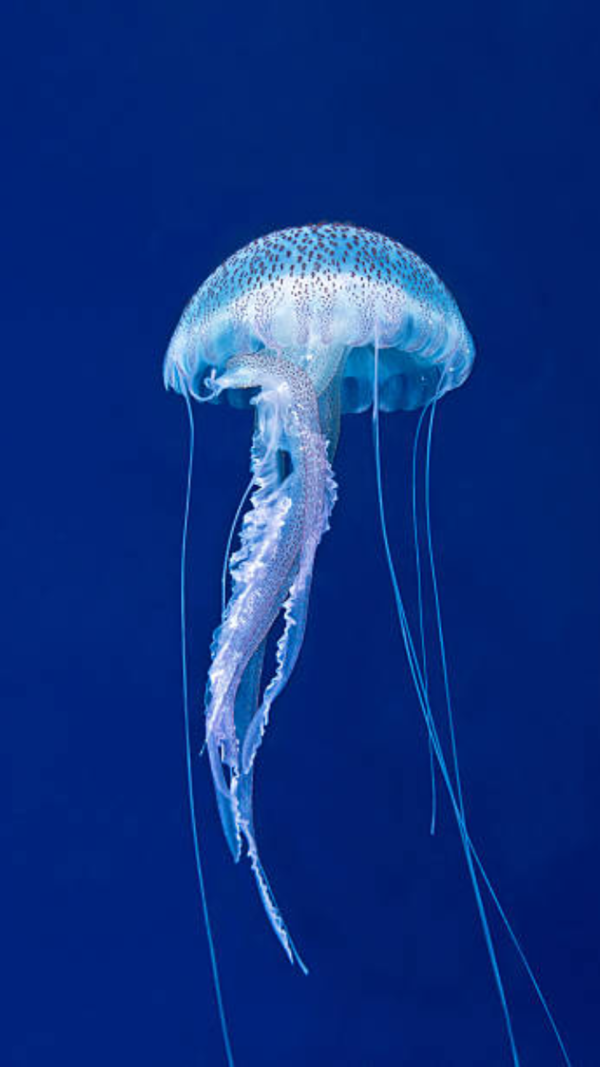Why drinking water left in the car during summer can be harmful

Why drinking water left in the car during summer can be harmful
We’ve all left a water bottle in the car, thinking it’s no big deal. After all, it’s just water—how bad can it be? But when that bottle sits in the heat, especially during summer, things start to change. The rising temperature can cause chemicals from the plastic to leach into the water, especially if the bottle isn’t BPA-free. Over time, even the taste and quality of the water can shift. It might not be as safe as you think. Here’s why drinking water that’s been left in a hot car might not be the best idea.

What research says?
According to a research published on ResearchGate, storing plastic water bottles in high summer temperatures can cause harmful chemicals like BPA and phthalates to leach into the water. This chemical migration increases above 50°C, especially with sun, oven, or microwave exposure. It can lead to changes in pH, increased fluoride and chloride levels, and possible health risks like hormonal disruption or chronic illness. Prolonged heat exposure may also promote bacterial growth in stored water.

Heat and plastic don’t mix
Your car can get very hot in the summer, even if you're only away for a short time. When a plastic water bottle is left in that heat, it can be affected. Most plastic bottles aren’t made to handle high temperatures. The heat can cause the plastic to release harmful chemicals into the water. These chemicals don’t change how the water looks or tastes, but they may still be there—making your drink less safe than it seems.

The hidden risks of warm water
The water in the bottle doesn’t handle the heat well either. When left in high temperatures for too long, bacteria can start to grow, especially if the bottle has been opened. Warm, closed spaces are ideal for these tiny germs to develop. These germs can make the water unsafe to drink, even if it looks fine. Before drinking from a bottle that’s been sitting in the sun, think twice. It’s better to grab a fresh, cool bottle instead.

Unpleasant changes in taste
If you've ever tasted water left in a hot car, you know it can develop a strange, plastic-like flavour. The heat can make the water taste stale or off, not at all like the refreshing drink you were hoping for. It can even remind you of that plastic taste from an old garden hose. Certainly not the thirst-quenching experience you were expecting!

So, what’s the risk?
The issue isn’t about one sip causing harm, but rather the repeated exposure over time. Over time, small amounts of chemicals from heated plastic could build up in your body. Consistently drinking water from heated plastic can lead to these chemicals entering your system, which might not be the best choice. It’s better to avoid this habit to keep your hydration healthy and free from unwanted chemicals.

Smart solutions for staying cool
No need to ditch bottled water or carry an ice chest around. Small changes can help keep your water safe. Use reusable bottles made of stainless steel or glass—they handle heat better and won’t leak harmful chemicals. If you must leave a bottle in the car, favour keeping it out of direct sunlight by placing it under a seat or in a shaded bag. Even better, carry it with you to stay hydrated. And while you're at it, try finishing your water instead of saving it for later.

Stay hydrated this summer
Water is essential, especially when the summer heat is at its peak. It helps keep your body energized, your mind focused, and your skin glowing. Staying hydrated also helps regulate your temperature and boosts your overall mood, all without the sugar crashes. Plus, it aids digestion and supports healthy circulation. So, keep that water bottle handy, and drink up to feel your best all season long.








